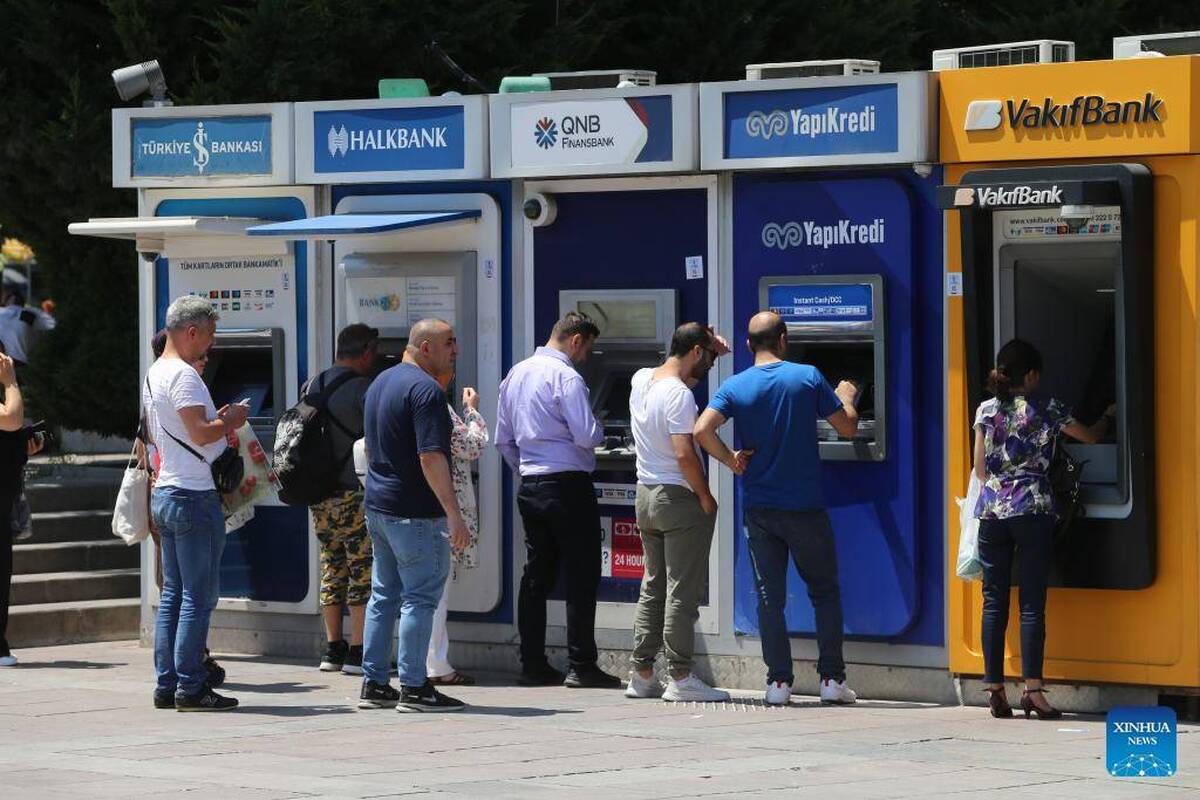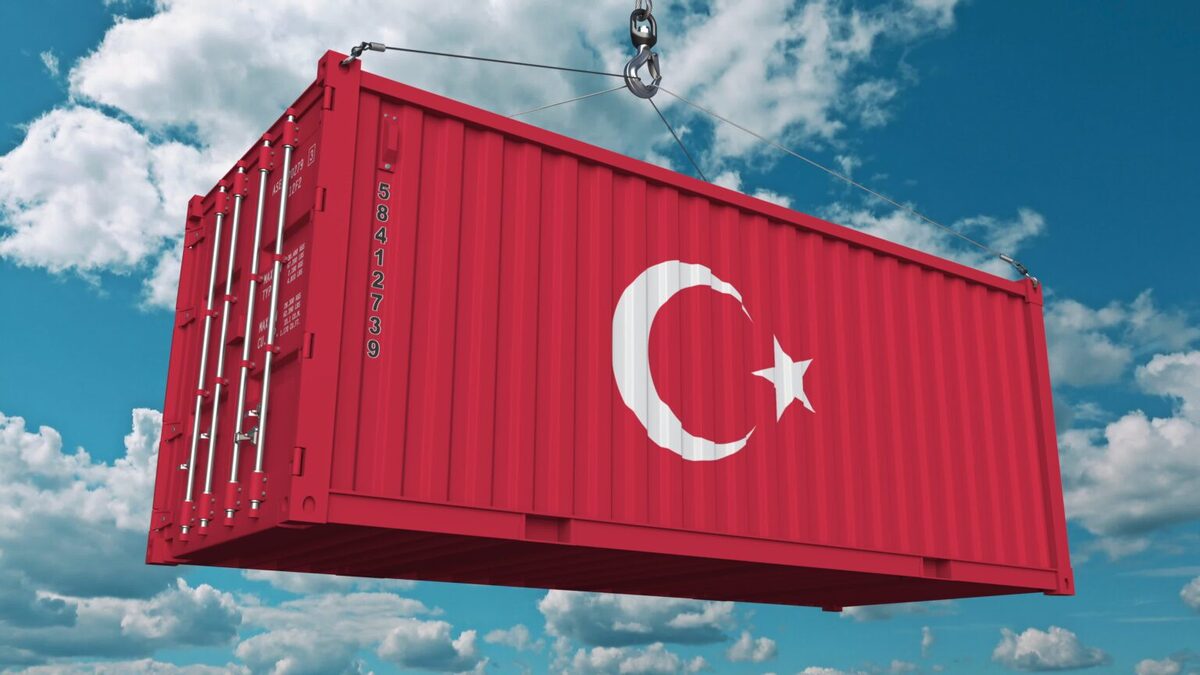World Bank Announces New Partnership Framework for Turkiye

The CPF will focus on three key development strategies in the country – productivity growth, jobs and better public service delivery, and resilience against natural disasters, the bank said.
"The framework reflects the strong and growing collaboration between Türkiye and the Group’s institutions: the International Bank for Reconstruction and Development, International Finance Corporation and Multilateral Investment Guarantee Agency," it said.
The World Bank Group expects to deliver $18 billion during this five-year period, adding to the current country portfolio of $17 billion, which is the bank's third-largest country program.
Humberto Lopez, the bank's country director for Türkiye, said: “Türkiye has made tremendous progress in the last two decades, significantly raising living standards for its people, developing modern infrastructure, and integrating its economy into the global economy and global value chains.
“The new CPF will build on this progress and leverage the combined strength of the World Bank Group to support Türkiye as it continues its remarkable development journey. Key areas of future support include the government’s energy transition plan and strategic infrastructure.”
Wiebke Schloemer, director for Türkiye and Central Asia at the International Finance Corporation, said: “As the CPF highlights, the priorities going forward are clear – to build resilience, drive the country’s green transition, and ensure no one is left behind on that journey.
"IFC will continue to work to unleash the Turkish private sector’s vast potential through strategic investments and advisory services and by mobilizing private capital to drive strong, sustainable, and inclusive economic growth.”
Moritz Nikolaus Nebe, acting director of Economics and Sustainability at the Multilateral Investment Guarantee Agency, said: “As part of the new CPF, MIGA will be excited to leverage the new World Bank Group guarantee platform to assist the country in attracting and mobilizing private capital, including to support the development of green and sustainable infrastructure, fostering resilient growth.”
4155/v
























